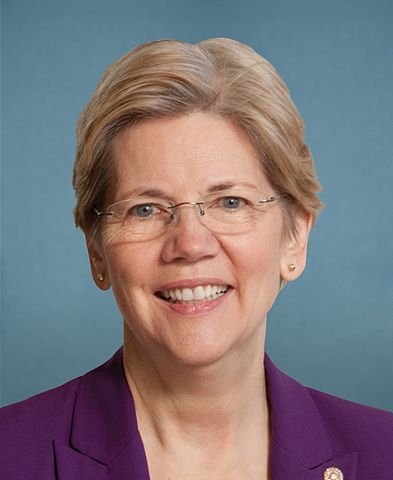A recent wealth management podcast interviewed Source Financial CEO, Michelle Smith. Smith’s unique experience as a long-time financial advisor, premier money manager, divorcee, and co-parent of a child with special needs is insightful and informative. Of the many lessons learned from this interview, perhaps the most pertinent are those that relate to our current Covid-19 reality as well.
Surround Yourself With Positivity

According to Smith, any big crisis brings out the best and worst in us and those around us. When her son was born and she received his Down syndrome diagnosis, she channeled all her energy toward doing what needs to get done. Her husband at the time, however, didn’t make that switch. As she helps many separated couples navigate the corona emergency, she sees those who are rallying and figuring out how to co-parent during a lockdown, and others who are fighting more and harping on old grudges. When she was a new mom, Smith says she used her own positive nature to propel herself forward. She also made sure to leave no room for negativity in her life and surrounded herself with those who shared her optimism. She extends this advice now too: the familial and financial realities of this crisis are not easy, but if you remain positive and focus on action, things don’t have to be catastrophic.
Ask for Help
Divorce is not something anyone should do alone. Individuals going through a divorce must surround themselves with capable legal and economic professionals to ensure their best interests are fairly represented. Encouragement and love from family and friends provide guidance and support. Smith has dedicated her career to helping women build a financially stable and sustainable life after their marriage. The same is true for co-parenting a child with special needs: it takes a village. Now, more than ever, we are seeing the value of community. We all need to get comfortable asking for help and letting our virtual, and literal, villages be there for us when we need them. The key, according to Smith, is to be specific with our requests.
Focus on Shared Goals
Even as a marriage crumbles, it is important to focus on the values and objectives that once brought you together. Remember the respect you have for one another and direct that toward the settlement. Your ex-spouse is not someone you will ever be “rid” of, especially if you share children, so keep things cordial and constructive. Now is an opportunity to rethink the tactics of decoupling: nobody wants to prolong the process of divorce or excessively litigate matters. Mediation, with the right professionals and the proper mindset, can yield fair, equitable, and civil outcomes for all involved. As more families (married, divorced, or otherwise) spend increased amounts of time together during this crisis, concentrating on shared goals – like cohesion, health, monetary sense—can be empowering.



